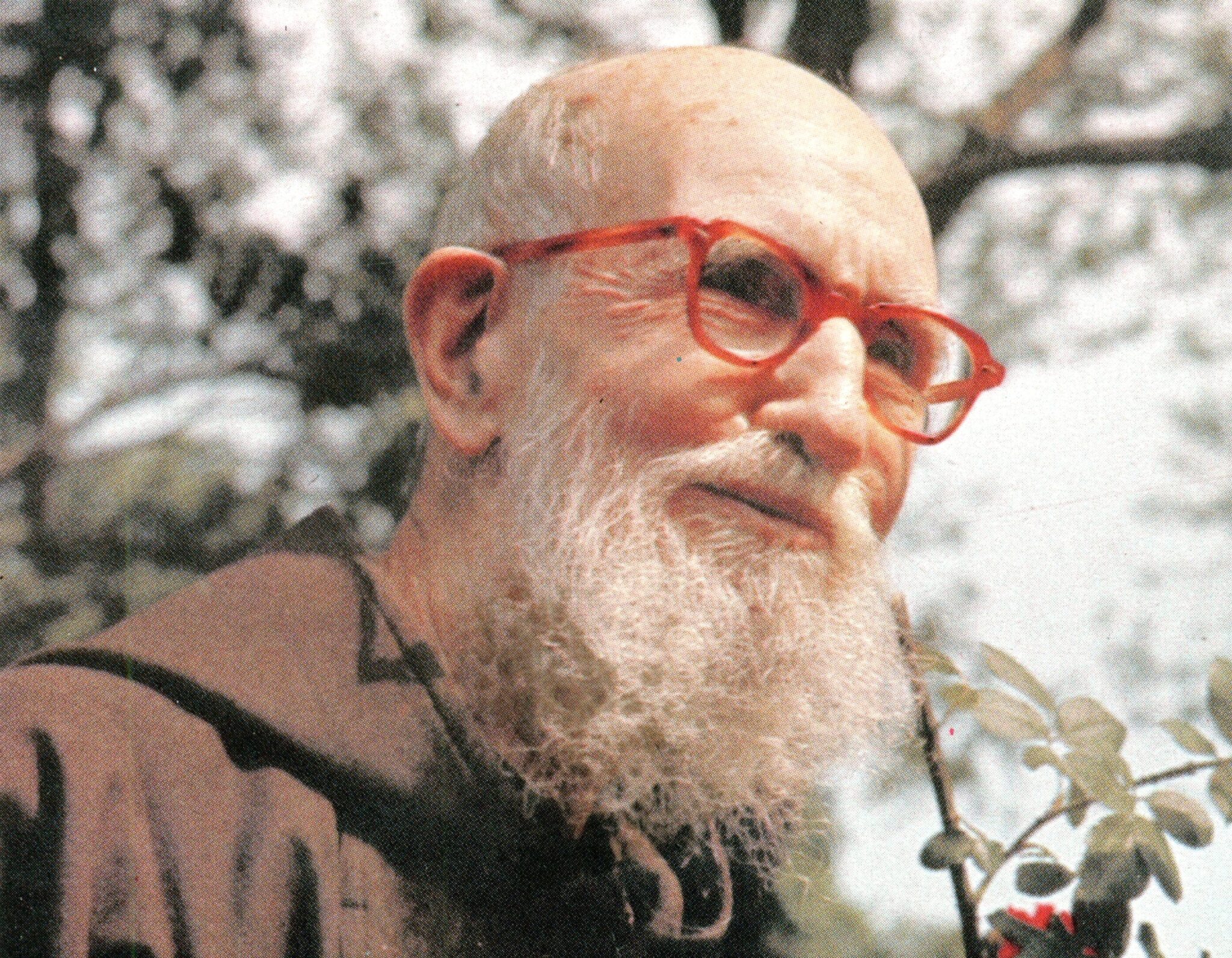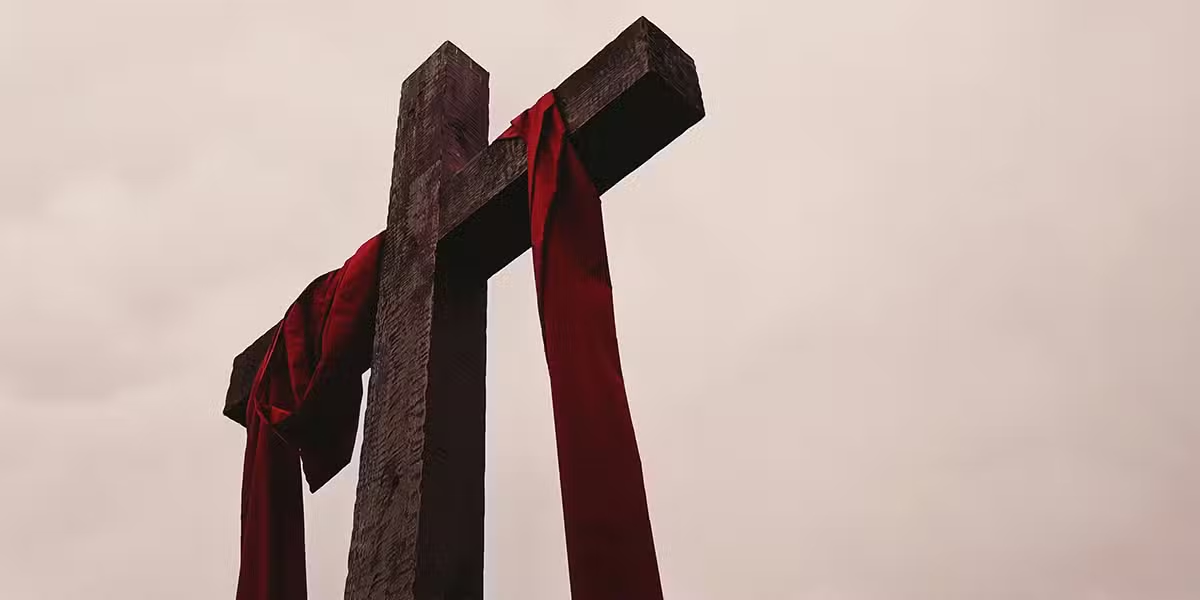Solanus Casey, or Barney was he was named, grew up in a wholesome American family, rich in love and a solid Catholic faith. All the children had a love for sports and the outdoors. Hunting, fishing, swimming, and winter skiing and skating provided healthy exercise alongside their daily farm chores.
With ten boys in the family, they had their own baseball team, the “Casey Nine.” Barney was the catcher and usually played without a glove. While the other boys also loved boxing, this was one sport that Barney would not join in because he couldn’t bring himself to inflict pain on anyone. Everyone did his or her part to keep the family united and happy. Helping their parents and each other came naturally to the children.
Bernard, Sr. had a job for each of the boys, keeping the farm in good order and the animals healthy. Their mother had the help of the girls around the house. But even the boys took turns babysitting the infants. Barney was glad to watch over the little ones. He would keep the babies occupied and content by playing his harmonica.
In later years Solanus would fondly recall those happy days when counseling people who were experiencing family trials. To parents he would always emphasize the value of faith and family prayer as the real source of happiness in this “valley of tears.”
Meeting Trials
Of course, life on the farm was not always easy. The demands of farm work often interfered with schooling, and these interruptions hindered Barney’s elementary education. Sometimes the boys had to practice their lessons or catechism while tending the cows in the pasture. The brothers might get into some mischief and then have to chase after wandering cows, to the neglect of their books.
The Caseys, like their neighbors, experienced lean years when crops were not so good or when bad weather delayed planting and harvesting. There were other natural disasters that could strike fear into their hearts. In a letter to his sister Margaret many years later, Solanus vividly described a prairie fire that had threatened their home:
It was on a Sunday, when Papa and Jim had gone to church, when we saw the black clouds of smoke rising from the far side. The wind was pretty strong too, and poor dear Mother seemed quite anxious—giving instructions what to do and getting ready for what must have looked probable, a burn-out.
Ellie scratched a little “hoe-mark” out in front of the house and sprinkled holy water in it about halfway down to the barn. By this time the fire was crackling through the grass and brush…and the smoke rolled over our heads in thick dark clouds. Then the barn took fire, some ten rods east of the house, and we all went down, carrying some bedclothes, to the lone tree that stood in the middle of the four-acre field….As we stood huddled together under said lone tree…I heard Mother saying in accents of relief, “Thanks be to God! Some of the neighbors have come and let the pig out.” We saw it running for safety. Papa and James got home shortly after, and some of the neighbors came to sympathize with us.
Another letter speaks of the tragedy that struck this happy home in November 1878, when two of the girls, Mary Ann, aged twelve, and three-year-old Martha, died during the diphtheria epidemic. Young Bernard also contracted the disease, which left him with a weak, wispy voice for the rest of his life.
A Life of Prayer
The Irish Catholic faith was nourished above all else in the Casey home. This was something that Barney Casey never forgot, and something for which he ever gave thanks to God.
Family prayer was a daily custom brought over from Ireland by Bernard and Ellen Casey and faithfully taught to their children. Solanus often described the way their father would get them together in the evening by calling out, “Prayer, boys, prayer!”
Then their mother would begin the rosary, and all took turns leading the decades. From his youth, Barney Casey developed a love for the rosary and resolved to say it every day. He remained faithful to this practice throughout his life and recommended it to others. For Sunday Mass the family had to alternate going to church because they were too many for their small wagon to carry. Half would go on one Sunday and the other half the next week. But those who stayed home would have their own devotions. They read the Sunday Gospel, and their father or mother would lead them in prayers from the Mass.
In 1883, before his thirteenth birthday, Barney spent a few weeks in Hudson, Wisconsin, at St. Patrick’s Church. There the pastor, Fr. Thomas A. Kelly, gave him instructions for his First Holy Communion.
Barney eagerly took to heart the simple catechism lessons and Bible history. God found fertile ground in the Casey family in which to plant the seed of vocation. Attending midnight Mass one Christmas Eve, even before his First Communion, little Barney wondered in his heart if he could ever be a priest. This desire grew little by little.
Eventually his older brother Maurice went off to the seminary because he seemed the one chosen for the priesthood. Yet Barney secretly wondered if there could be two priests in the family. His hopes were dashed when, after a year or two, poor Maurice had to return home because of a nervous condition that made study too difficult. Barney had always looked up to Maurice, and now he felt that if Maurice couldn’t make the studies, how could he?
However, the little seed planted by God in young Barney’s heart would continue to mature. Near the end of his life he wrote to a friend who was struggling against all odds to open a cancer hospital: “God, who loves tiny beginnings, will know as He always does know, how and when to provide developments.”








